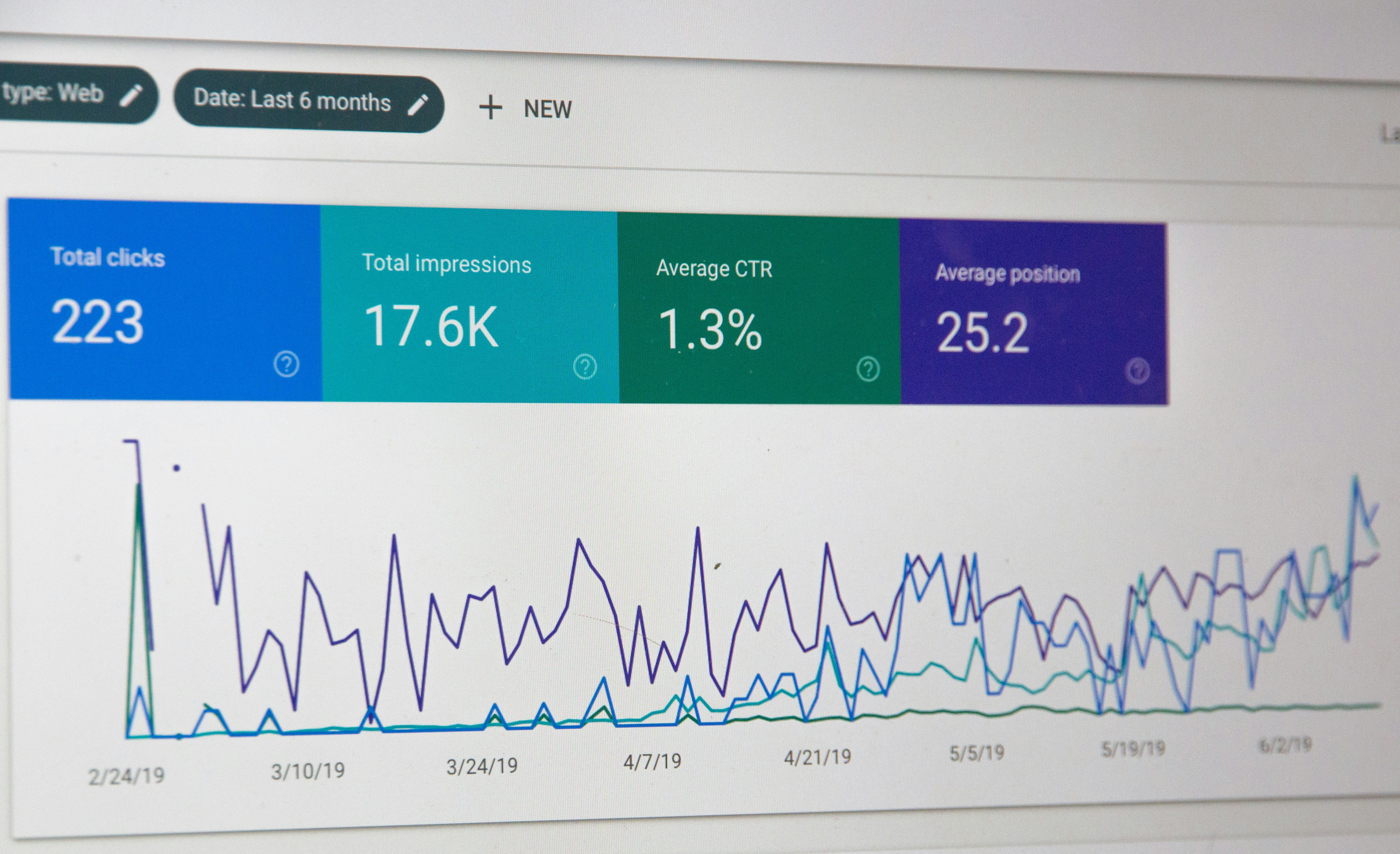Welcome to an informative article on the 10 most important factors that determine page rank on Google. In this article, you will discover key elements that play a significant role in determining where your website ranks in Google search results. By understanding and implementing these important factors, you can improve your website’s visibility and attract more organic traffic. Let’s dive in and explore the essential components that contribute to your website’s page rank on Google. Have you ever wondered why some websites rank higher on Google search results than others? In this article, we will explore the 10 most important factors that determine page rank on Google. Understanding these factors can help you improve your website’s visibility and ultimately drive more traffic to your site. Let’s dive in and uncover the key elements that influence your website’s position in search engine results.

Importance of Page Rank on Google
Page rank on Google is a crucial metric that determines where your website appears in search results. The higher your page rank, the more likely users are to click on your website, driving traffic and potential customers to your site. By focusing on the factors that influence page rank, you can optimize your website for search engines and improve your online presence.
Explaining Page Rank
Page rank is a numerical value assigned to each webpage by Google, indicating its importance in search results. The algorithm considers various factors to determine a page’s rank, such as the number and quality of backlinks, content relevance, and site speed. Understanding page rank is essential for improving your website’s visibility and attracting more organic traffic.
Importance of Backlinks
Backlinks are links from other websites that direct users to your site. They play a crucial role in determining your website’s authority and relevance in search results. Quality backlinks from reputable websites can significantly boost your page rank on Google.
How Backlinks Influence Page Rank
Backlinks act as a vote of confidence for your website, indicating to search engines that your content is valuable and relevant. The more high-quality backlinks you have, the better your chances of ranking higher on Google. Building a strong backlink profile is essential for improving your website’s authority and visibility in search results.

Quality of Content
The quality of your content is another essential factor that affects your website’s page rank on Google. High-quality, relevant, and engaging content can attract more visitors to your site and encourage them to stay longer.
Importance of Content Quality
Search engines prioritize websites that provide valuable and informative content to users. Well-written articles, blog posts, and product descriptions can help improve your website’s visibility and ranking on Google. By focusing on creating high-quality content, you can enhance your website’s appeal to both users and search engines.
On-Page Optimization
On-page optimization refers to the process of optimizing individual web pages to improve their search engine visibility. By implementing on-page SEO techniques, you can enhance your website’s relevance, authority, and ranking on Google.
Key On-Page Optimization Factors
Title tags, meta descriptions, heading tags, and keyword optimization are essential elements of on-page optimization. By strategically incorporating relevant keywords and optimizing your content structure, you can improve your website’s search engine visibility and attract more organic traffic.

Mobile-Friendliness
In today’s digital age, mobile-friendliness is a critical factor that influences your website’s page rank on Google. With the increasing use of smartphones and tablets, Google prioritizes mobile-friendly websites in search results.
Importance of Mobile-Friendly Design
Responsive web design ensures that your website displays correctly on various devices, such as smartphones, tablets, and desktops. By optimizing your website for mobile users, you can improve user experience, increase engagement, and enhance your site’s ranking on Google.
Site Speed
Site speed is another crucial factor that determines your website’s page rank on Google. A slow-loading website can frustrate users and negatively impact your search engine visibility.
Why Site Speed Matters
Google prioritizes websites that load quickly and provide a seamless user experience. By optimizing your website’s performance, reducing page load times, and minimizing server response times, you can improve your site’s ranking on Google and attract more organic traffic.

Domain Authority
Domain authority is a measure of your website’s overall strength and authority in search results. High domain authority indicates to search engines that your website is trustworthy, reputable, and relevant to users.
Building Domain Authority
Quality backlinks, relevant content, and a strong social media presence can all contribute to building your website’s domain authority. By focusing on creating valuable content, attracting high-quality backlinks, and engaging with your target audience on social media, you can increase your website’s domain authority and improve its ranking on Google.
User Experience
User experience plays a significant role in determining your website’s page rank on Google. A user-friendly website that provides valuable content, easy navigation, and fast loading times can attract more visitors and improve your search engine visibility.
Enhancing User Experience
By optimizing your website’s design, navigation, and functionality, you can enhance user experience and increase engagement. Clear call-to-action buttons, intuitive navigation menus, and mobile responsiveness are key elements of a user-friendly website that can help improve your page rank on Google.

Social Signals
Social signals refer to the engagement and interaction that your website receives on social media platforms such as Facebook, Twitter, and Instagram. Social signals can influence your website’s authority, relevance, and ranking on Google.
Importance of Social Signals
Likes, shares, comments, and social media mentions can all contribute to improving your website’s visibility and authority in search results. By actively engaging with your audience on social media, sharing valuable content, and encouraging social sharing, you can leverage social signals to enhance your website’s page rank on Google.
Site Security
Site security is a critical factor that affects your website’s page rank on Google. Secure websites with HTTPS encryption provide a safer browsing experience for users and are favored by search engines.
Importance of HTTPS
Google prioritizes secure websites with HTTPS encryption in search results. By securing your website with an SSL certificate and implementing HTTPS encryption, you can improve user trust, protect sensitive information, and enhance your site’s ranking on Google.
Content Freshness
Content freshness refers to how frequently you update and publish new content on your website. Regularly updating your website with fresh, relevant, and engaging content can improve your search engine visibility and attract more organic traffic.
Importance of Content Freshness
Search engines favor websites that regularly publish new content and keep their information up-to-date. By consistently adding fresh blog posts, articles, and product updates to your website, you can signal to search engines that your site is active, relevant, and valuable to users.
In conclusion, understanding the 10 most important factors that determine page rank on Google is essential for improving your website’s visibility, authority, and ranking in search results. By focusing on building quality backlinks, creating high-quality content, optimizing your website for mobile users, and enhancing user experience, you can improve your page rank on Google and attract more organic traffic to your site. By implementing these key factors, you can drive more traffic, increase engagement, and grow your online presence.





